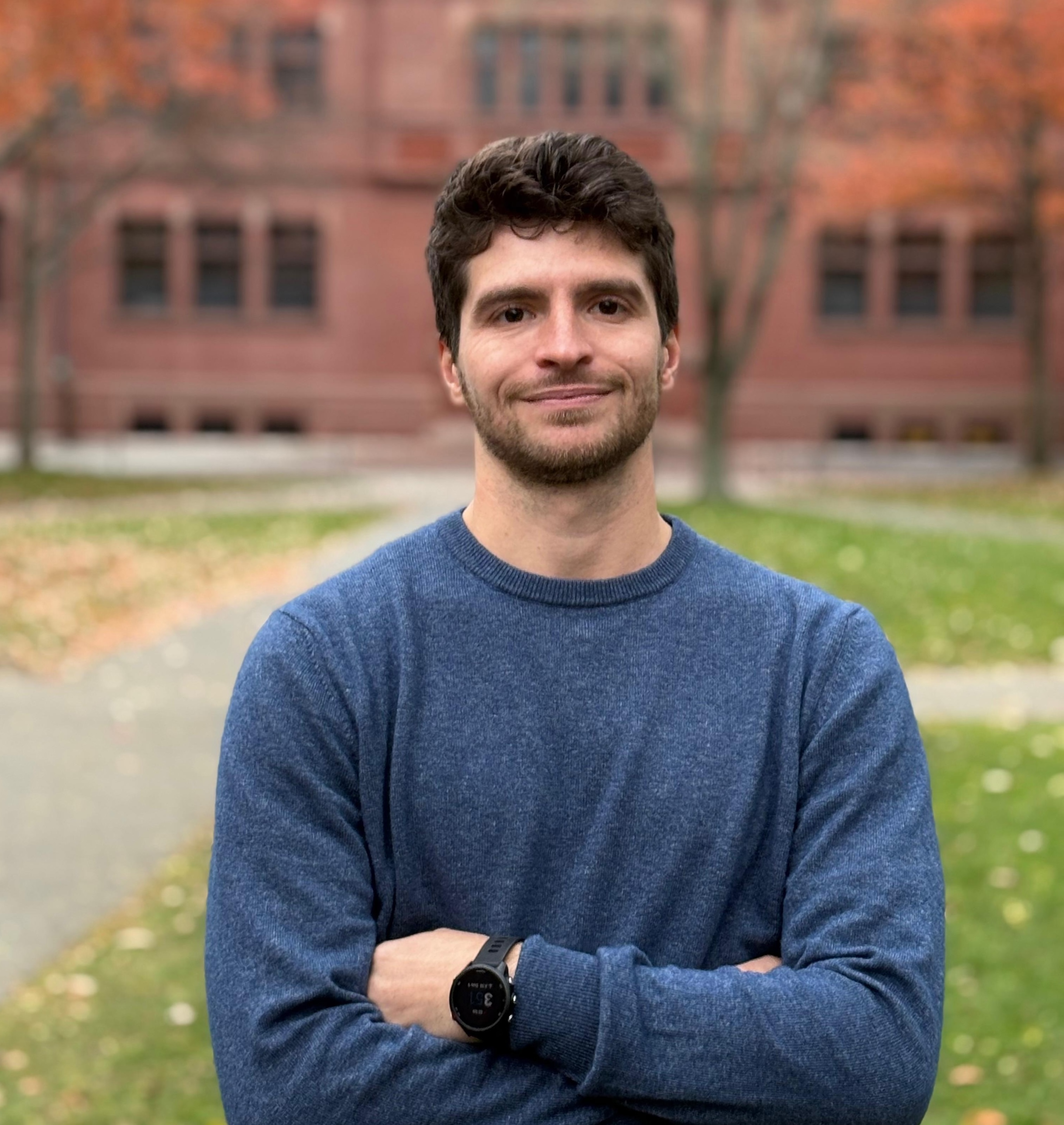I am an economist with interests in development, environmental, political, and public economics.
My research focuses on state capacity and on the challenges posed by climatic shocks and environmental conservation.
I work as a Postdoctoral Researcher at LEAP Bocconi. I received my Ph.D. in Economics from Northwestern in June 2025. You can find my CV here.
Email: devis.decet@unibocconi.it
Working Papers
Organizing Fiscal Capacity
Abstract | PDF | Best Paper World Bank Conference on Public Institutions
This paper investigates how the spatial organization of a tax authority shapes fiscal capacity. I study a reform of the Brazilian tax authority that closed one-fourth of its local offices tasked with tax enforcement, and consolidated tax agents and decision-making power in fewer, larger offices. Leveraging regional variation in the reform and geographically disaggregated data on tax collection and local office organization, I find that consolidation increased tax revenues by 3.3%. The increase was largest where the reform allowed for more efficient utilization of enforcement and managerial resources. However, the reform led to a divergence in tax revenues within consolidated regions, particularly in peripheral areas farther from their new office and with weaker third-party reporting. My findings suggest that consolidation can lead to efficiency gains but also to amplified geographic inequality in tax enforcement.
Water Wars
(with Andrea Marcucci)
Abstract | PDF
This paper studies the relationship between access to water resources and local violence in Africa. Due to limited irrigation, rural communities rely on water from rainfall and rivers for their economic needs. When rainfall is scarcer, river water becomes more valuable, potentially fueling violence in areas with greater control over its flow. We test this hypothesis by combining high-resolution data on hydrography, river network structure, rainfall, and conflict in Africa from 1997 to 2021. Low rainfall in a location increases conflict in neighboring areas that are water-rich and located upstream along the river network. The effects are stronger where water distribution among ethnic groups is more unequal and weaker in countries with better governance. The increase in conflict is more pronounced in regions facing a long-term decline in river water availability. These findings suggest that water access can drive local violence, a risk that may grow as climate change increases the frequency of droughts and reshapes river water distribution.
Child Labour, Human Capital and Beliefs
(with Kaman Lyu)
Abstract | PDF
In contexts where child labour is pervasive, household decisions about allocating children's time between school and work involve a trade-off: current returns from child labour versus future returns from education. This paper tests for the existence of a third factor: future returns from child labour, as parents view farm work as an investment in agricultural skills. We provide evidence on each component of this trade-off in the context of rural Ghana by leveraging four waves of survey data on 5,000 households, exogenous shocks to agricultural productivity, and a vignette survey design to elicit parental beliefs.
Work in Progress
State Capacity and Environmental Protection
(with Marie-Louise Décamps)
Conflict and Environmental Degradation in the Congo Basin
(with Marie-Louise Décamps and Ameet Morjaria)
